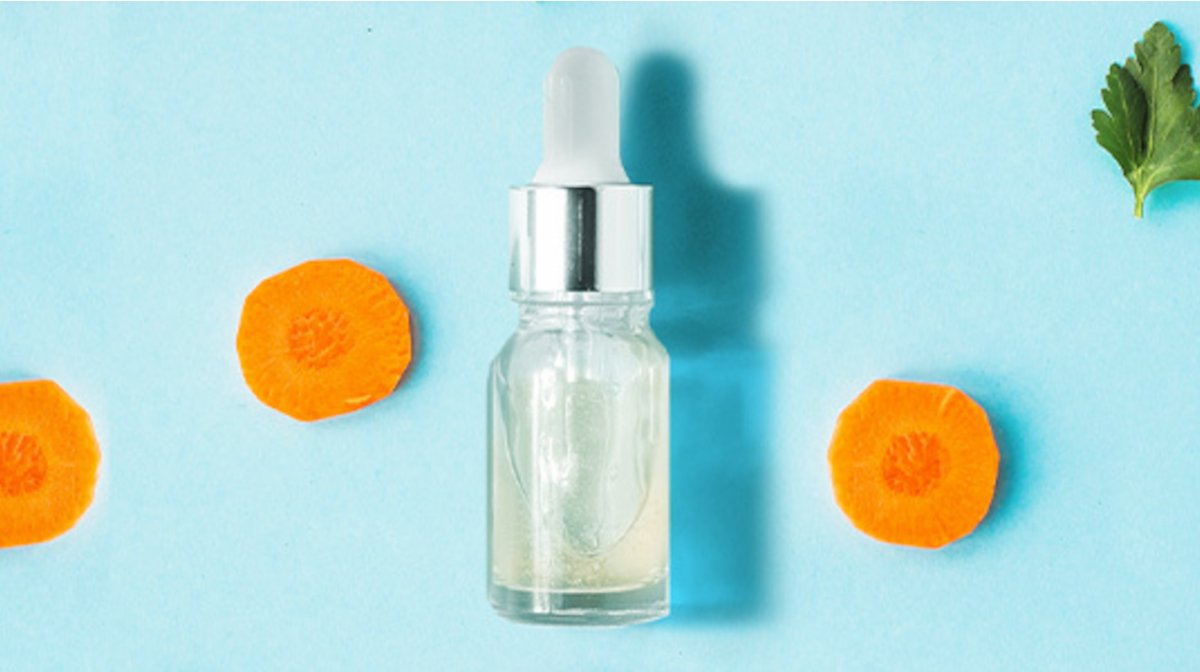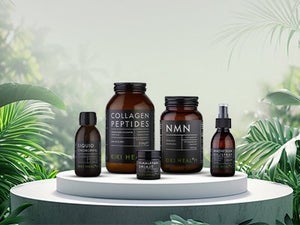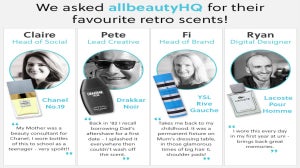
What Is Retinol?
Often referred to by those in dermatology as the only proven anti-ageing ingredient, retinol boasts a wealth of skin-improving properties.
Retinol is another name for Vitamin A1, which is the vitamin known for promoting collagen production and skin renewal. The stimulating effect that retinol has on collagen production is one of its most valuable functions. Why? Because our collagen production naturally slows from around the age of 30, leading to an increase in those fine lines and wrinkles synonymous with old age.Not only that, but retinol is also a great exfoliator, so it encourages the release of old skin cells while stimulating the production of newer, thicker skin. You won’t be surprised to hear that this is making it one of the hottest ingredients in anti-ageing skincare.
How Does It Work?
Retinol works by prompting weak and discoloured cells on the skin’s outermost layer to slough off, revealing fresh skin beneath. While this turnover can cause redness and mild peeling, after around six weeks the skin adjusts and looks more radiant, smoother, and even.
Who Can Benefit From Using Retinol?
Retinol is best used on the skin from the age of 30+, as this is the time that collagen levels begin to fall. In this group, the results speak for themselves, with tens of thousands of people around the world swearing by it for its anti-ageing properties. If you have younger skin you may choose to use retinol too, particularly as a preventative solution, though you may not find the visible effects quite as noticeable.
Because retinol breaks down dead skin cells and unclogs pores, it’s also been found to be particularly useful for people who aren’t getting results from their current acne treatment. If over-the-counter options aren’t having an effect on your acne, it may be worth consulting with a dermatologist to discuss retinol treatments.
All that being said, there are some people who should steer clear of retinol. If you have eczema, psoriasis or rosacea, it’s best to avoid retinol because your skin’s already weakened moisture barrier will allow retinol to penetrate deeper than it should, resulting in more inflammation.
What Products Contain Retinol?
The number of products which contain retinol are increasing by the day, but there are a few which our customers swear by. Here are three of the best retinol products, as voted by allbeauty customers.
The Organic Pharmacy Repair Retinol Night Serum
This powerfully smoothing Retinol Night Serum with 2.5% Lecithin encapsulated Retinol boosts collagen, refines pores and corrects pigmentation. Encapsulating Retinol supports its delivery and skin penetration and this expert formula has been clinically proven to reduce surface wrinkles.
Peter Thomas Roth Retinol Fusion PM Eye Cream
Reap the benefits of retinol as well as vitamins C and E with this eye cream by Peter Thomas Roth. The slow-release formula gets to work as you sleep, so you can wake to a brighter, smoother complexion.
Elizabeth Arden Retinol Ceramide Capsules x 30
“Love this - have been using the capsules for a week and can see and feel the difference.” - 5* review by SueWinner of a 2018 Grazia Beauty Award, these attractive pink capsules provide targeted treatment of fine lines and wrinkles, conveniently pre-measured to reduce product waste.
To view all of our Ingredients and read the full articles go to allbeauty.com

Related Articles








